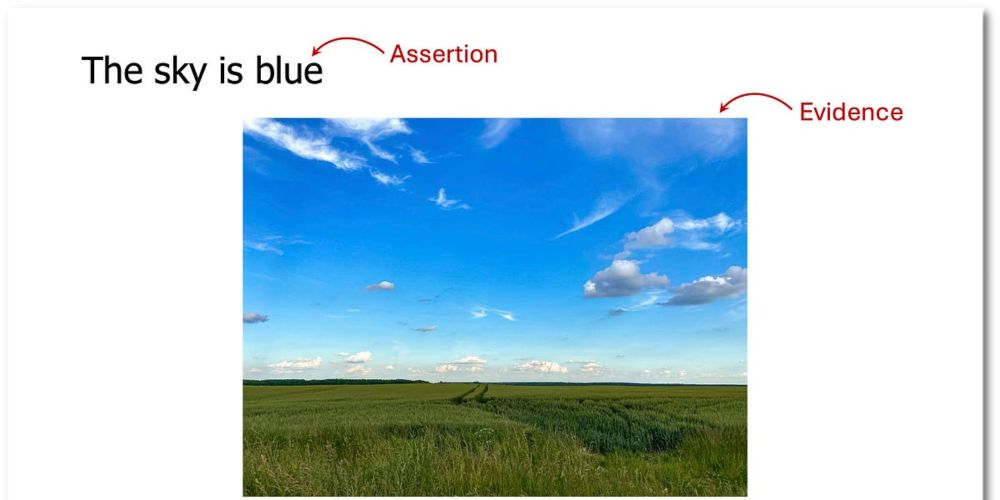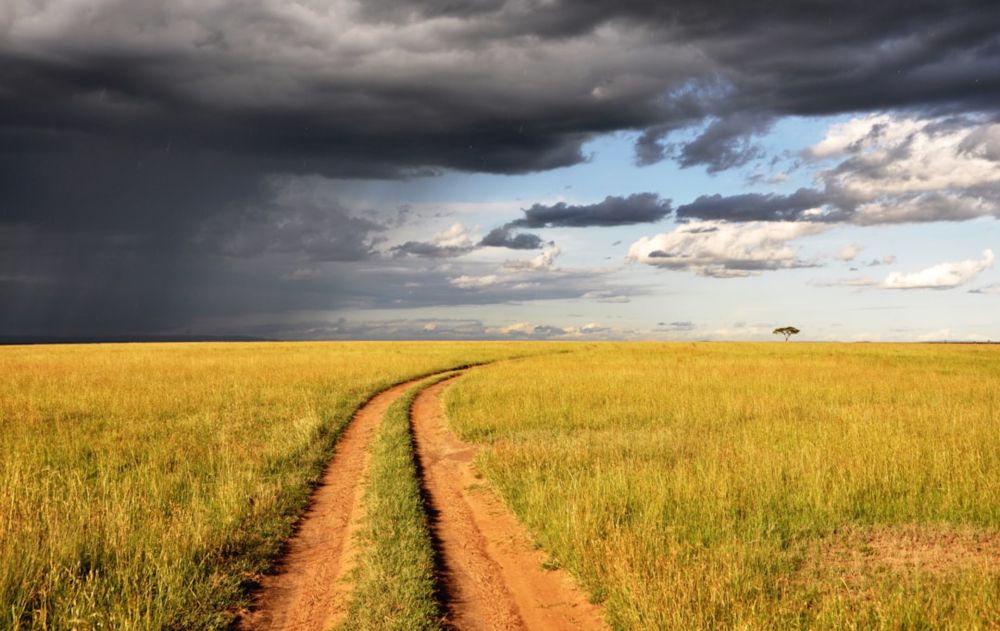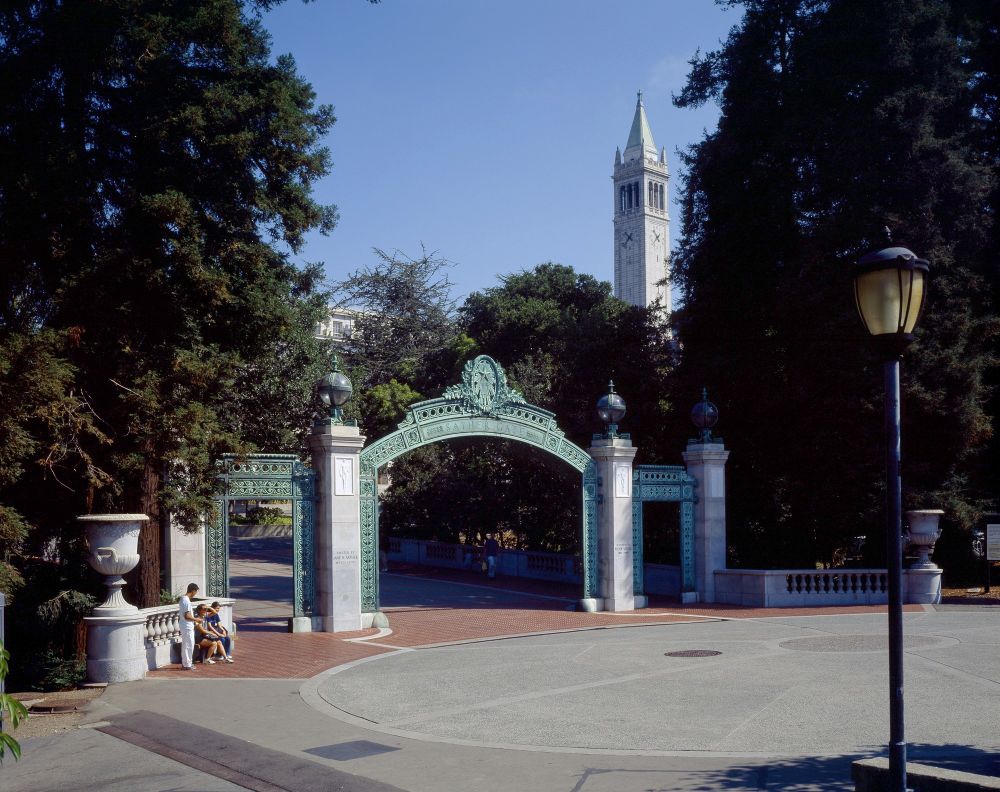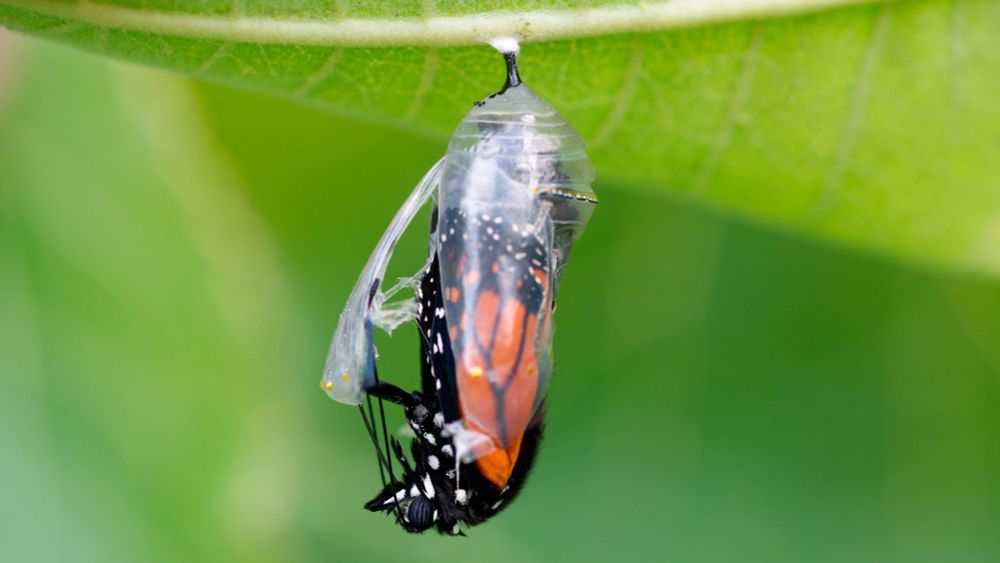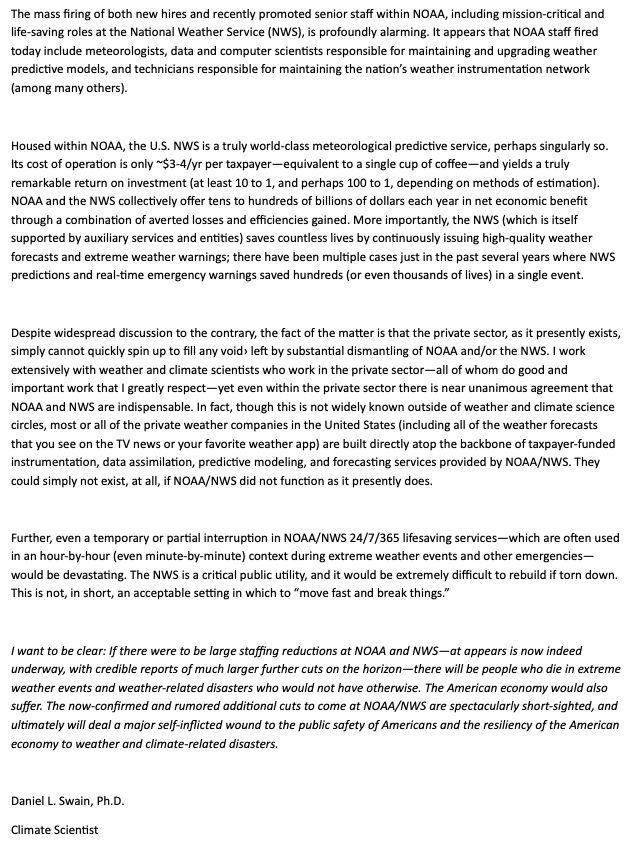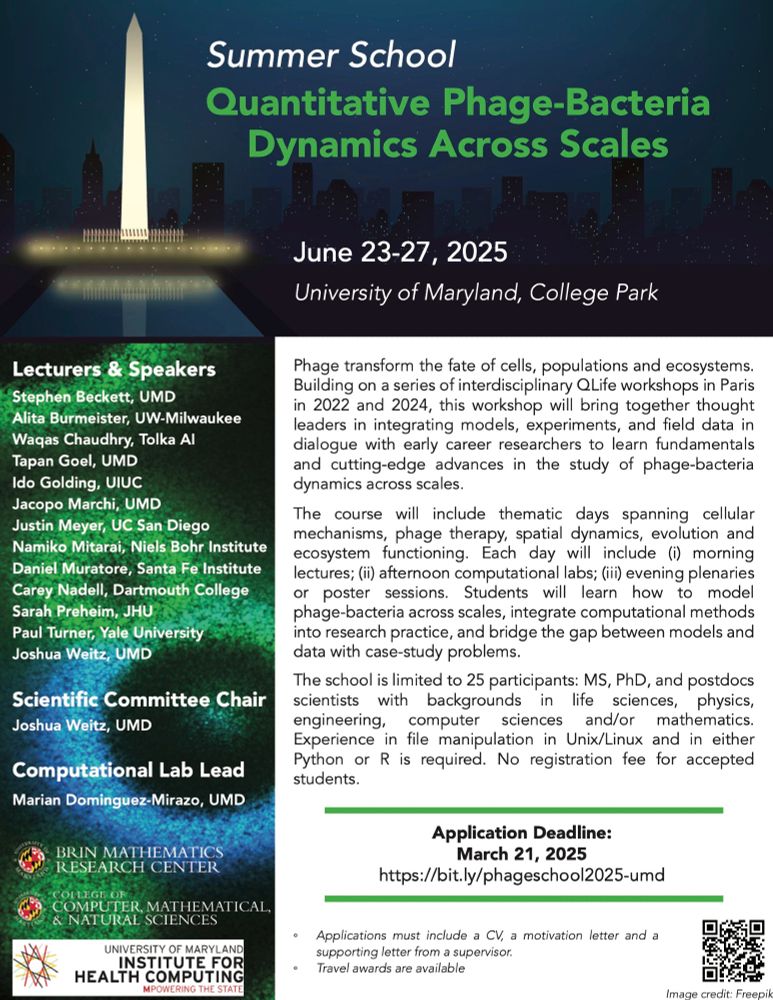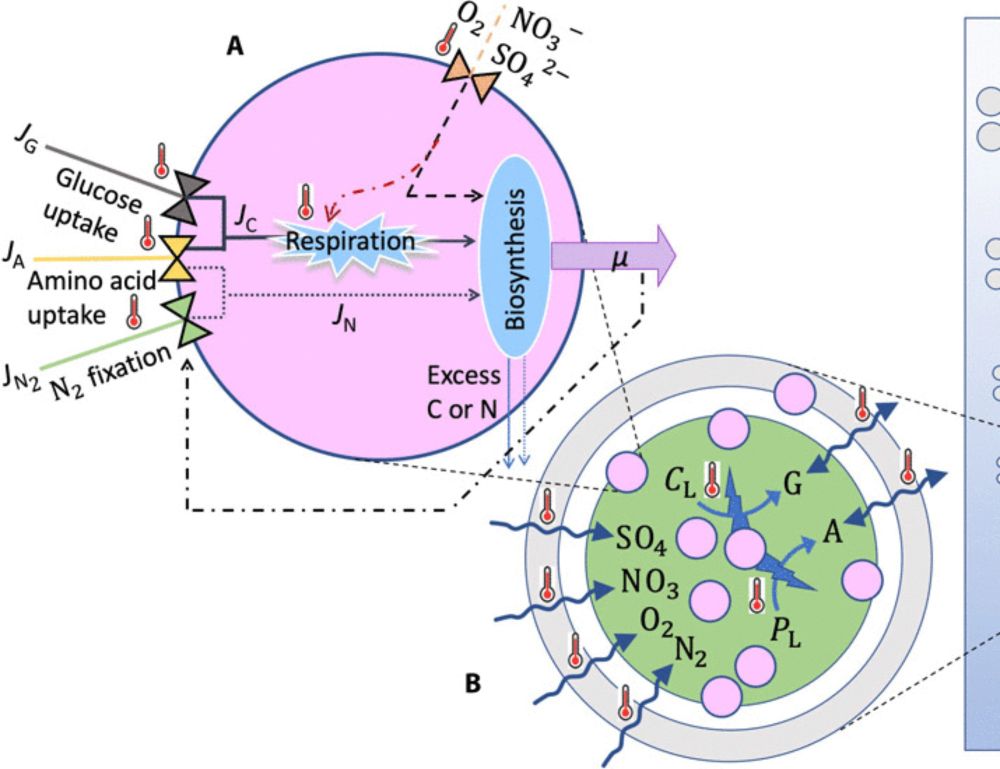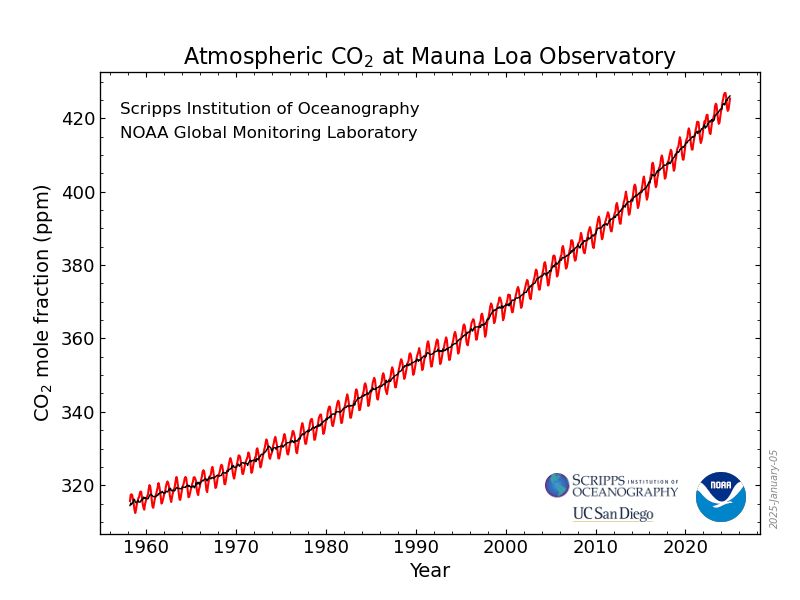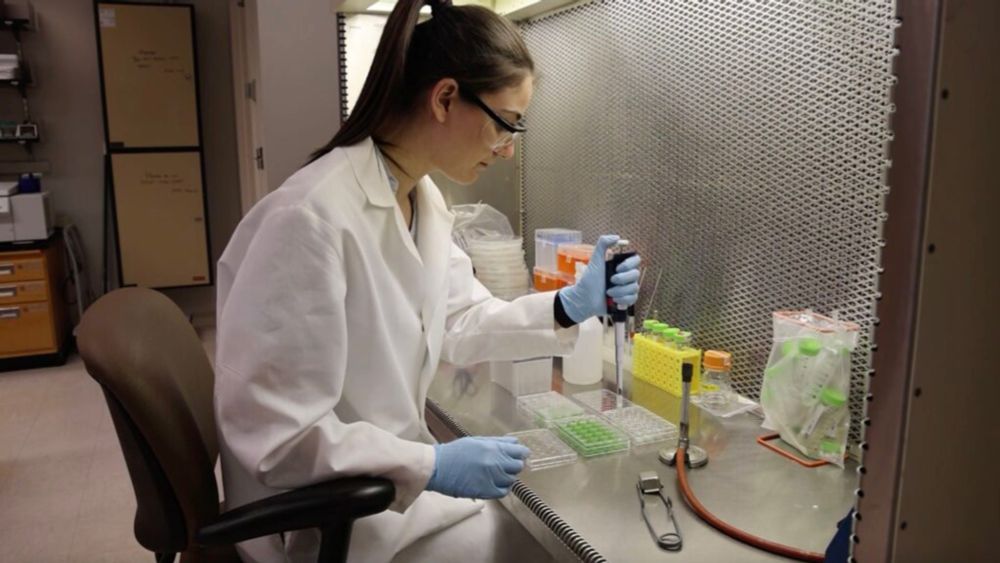Nathan Wisnoski
@nwisnoski.bsky.social
690 followers
590 following
7 posts
Ecologist interested in dormancy, microbes, and metacommunities. Assistant Prof @ Mississippi State. 🏳️🌈 he/him
www.nathanwisnoski.com
Posts
Media
Videos
Starter Packs
Reposted by Nathan Wisnoski
Reposted by Nathan Wisnoski
Reposted by Nathan Wisnoski
Fábio K. Mendes
@fabiology.bsky.social
· Jul 12
Reposted by Nathan Wisnoski
Jonathan Tonkin
@jdtonkin.bsky.social
· May 29
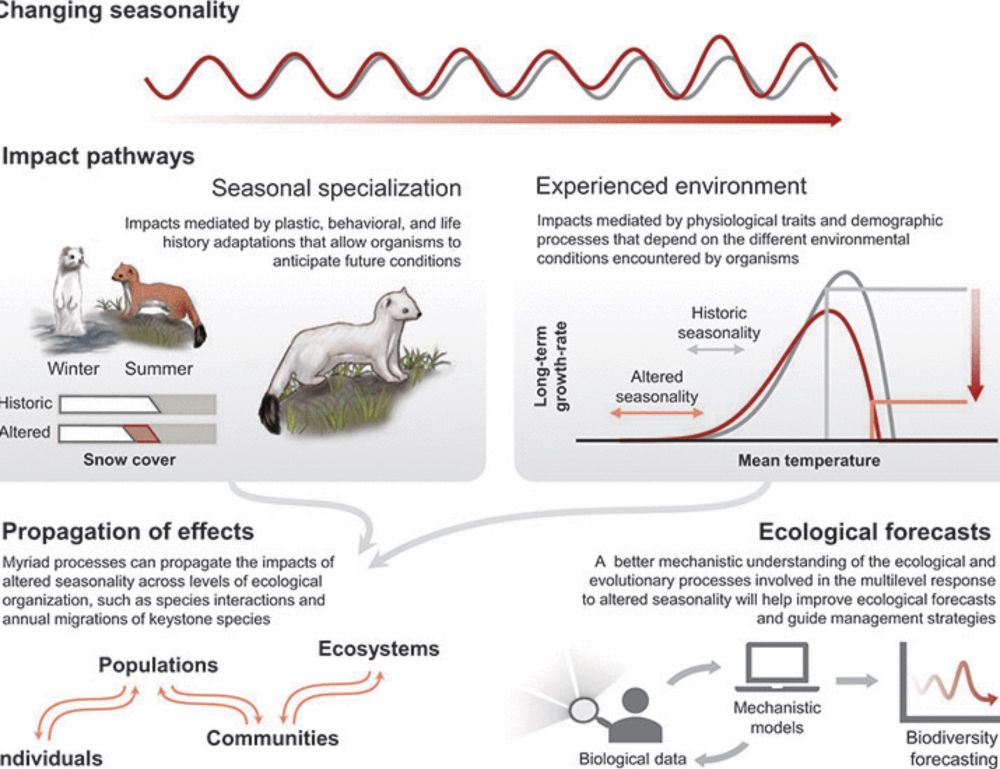
Ecological and evolutionary consequences of changing seasonality
Climate change and other anthropogenic drivers alter seasonal regimes across freshwater, terrestrial, and marine biomes. Seasonal patterns affect ecological and evolutionary processes at different eco...
www.science.org
Reposted by Nathan Wisnoski
Reposted by Nathan Wisnoski
James Orr
@jamesaorr.bsky.social
· Mar 12

Coexistence Theory for Microbial Ecology, and Vice Versa
Classical models from theoretical ecology are seeing increasing uptake in microbial ecology, but there remains rich potential for closer cross-pollination. Here we explore opportunities for stronger ....
doi.org
Reposted by Nathan Wisnoski
Reposted by Nathan Wisnoski
Reposted by Nathan Wisnoski
Jay T Lennon
@jaytlennon.bsky.social
· Feb 27

Residence Time Structures Microbial Communities Through Niche Partitioning
Much of life on earth is at the mercy of currents and flow. Residence time (τ) estimates how long organisms and resources remain in a system based on the ratio of volume (V) to flow rate (Q). We test...
onlinelibrary.wiley.com
Reposted by Nathan Wisnoski
Reposted by Nathan Wisnoski
Cameron Thrash
@jcamthrash.bsky.social
· Feb 21
Reposted by Nathan Wisnoski
Reposted by Nathan Wisnoski
Leslie Rissler
@ljrissler.bsky.social
· Feb 18
Reposted by Nathan Wisnoski
Reposted by Nathan Wisnoski
Reposted by Nathan Wisnoski
Matt Betts
@mattbetts42.bsky.social
· Jan 31
Reposted by Nathan Wisnoski
Andy Gonzalez
@bio-diverse.bsky.social
· Jan 31

Warming and cooling catalyse widespread temporal turnover in biodiversity - Nature
Global-scale analyses of marine, terrestrial and freshwater assemblages found that temporal rates of species replacement were faster in locations with faster temperature change, including warming and ...
www.nature.com
Reposted by Nathan Wisnoski
Ben Stone
@benstemon.bsky.social
· Jan 28

